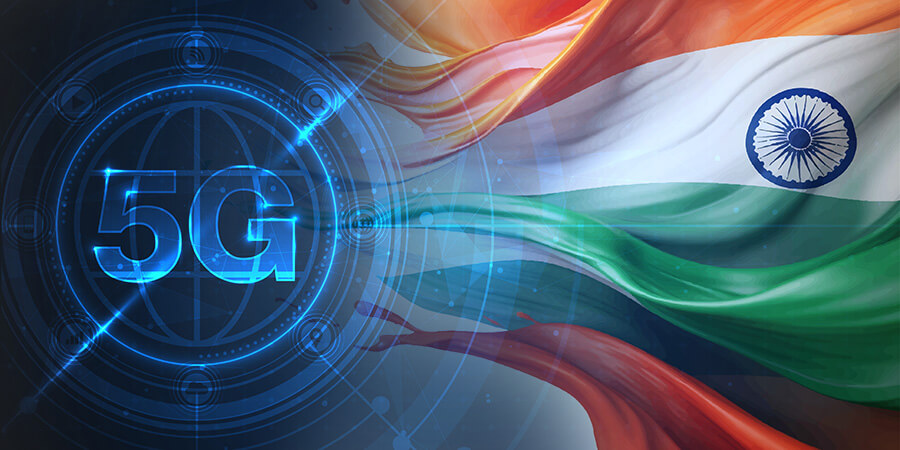India's Department of Telecommunications (DoT) has reportedly announced the launch of an experimental license module that will enable its established 5G labs across the country to test 5G use cases.
The DoT has established 5G use case labs in 100 institutes across the country with the goal of developing competencies and engagement in 5G technologies among students and startup communities. The DoT's experimental license will allow those labs to use 5G spectrum bands to test whatever use cases they come up with, without interfering with commercial 5G services.
According to reports, the experimental license is available on a "self-declaration basis" through the DoT's Saral Sanchar portal. Applicants must provide information such as the use case to be tested, technical details of the experiment, and the frequency band they intend to use.
“This initiative aims to simplify the experimental license requirements for these institutions, facilitating smoother operations and fostering innovation in the 5G domain,” the DoT said in a statement.
The DoT has reportedly granted 1,500 licenses for the trial and testing of 5G services and use cases.
Last month, the Department of Transportation (DoT) launched the Spectrum Regulatory Sandbox (SRS) and Wireless Test Zones (WiTe Zones) to streamline testing and experimentation with domestically-produced wireless solutions.
The SRS is anticipated to stimulate start-ups and SMEs to create applications for 5G and 6G technologies, while also assisting telcos and solution providers in testing equipment for potential technical issues.
Under the SRS initiative, the Department of Telecommunications (DoT) has purportedly eliminated the necessity for a Wireless Operating License (WOL) for licensees under the Indian Telegraph Act, 1885. This means that participants in the SRS program will not be required to obtain a WOL before commencing their experiments.





